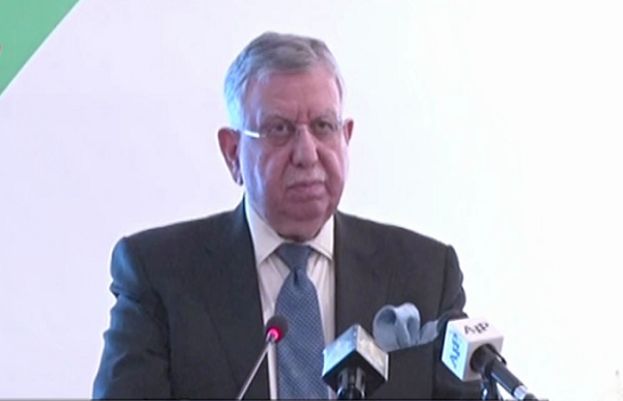
The deadlock between the Pakistan government and the IMF broke after the two sides decided to show some flexibility in their respective stances on the issue of granting autonomy to the State Bank of Pakistan (SBP).
Sources said that the IMF was not happy with Islamabad backtracking on its commitment of granting autonomy to the SBP, prompting the Washington-based lending agency to halt the resumption of a $6bn loan facility. In March 2021, Pakistan had reached an agreement with the Fund on granting autonomy to the central bank, which was also approved by the IMF board.
Pakistan’s economic team, led by Tarin, has had several rounds of talks with the Fund officials to apprise them of the numerical strength of the ruling Pakistan Tehreek-i-Insaf in the lower and upper houses of parliament where the Constitution will be required to be amended to grant autonomy to the SBP.
On March 9, the federal cabinet cleared a bill that was aimed at providing greater autonomy to the central bank over price control and fighting inflation. Autonomy was also linked with adopting exchange rates and monetary policy in an autonomous manner without the government’s interventions. Under the proposed law, no one will question the decisions of top officials of the SBP.
Soon after the decision, two leading opposition parties — the Pakistan Muslim League-Nawaz and the Pakistan Peoples Party — announced that they would block the passage of the bill in parliament.
Talking to the media in Islamabad today, Tarin said the matters had been settled with the IMF, however, "there is just one issue and we are seeking a legal opinion on it, while everything else is already agreed upon".
"There are certain conditions in the IMF agreement that require constitutional amendments and such changes cannot be effected because we lack a two-thirds majority [in the parliament]," he told journalists.
When asked whether the amendments were related to the SBP, the adviser replied in the affirmative.
Commenting on growing inflation in the country, Tarin said inflation was a global issue, adding that "the prices of commodities in the world are not in my control".
He stressed that the supply chain was affected due to the coronavirus pandemic, adding however that the economy was now "recovering".
from latest-news - SUCH TV https://ift.tt/3nPihRp

0 Comments